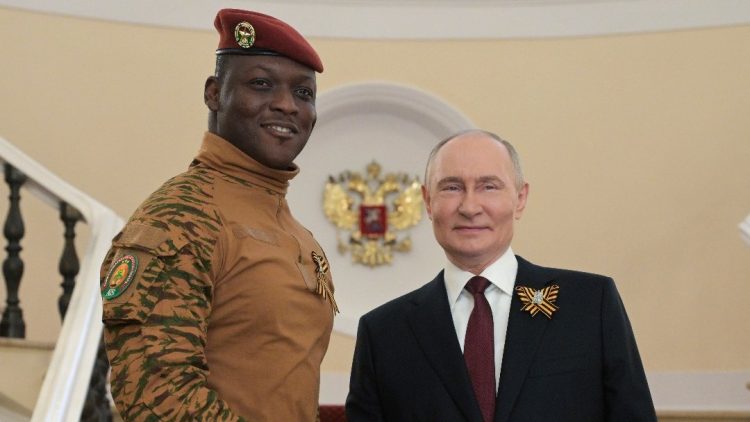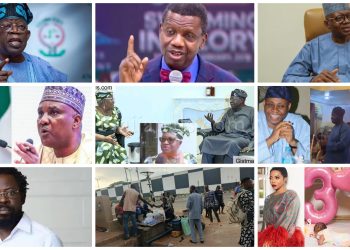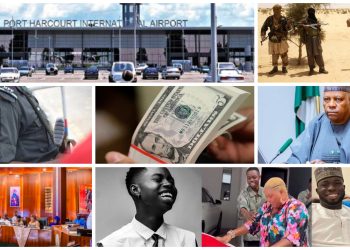Disinformation campaigns portray Burkina Faso’s Ibrahim Traore as a hero in Nigeria, sparking debates on democracy and foreign influence.
Disinformation campaigns have significantly boosted the image of Burkina Faso’s junta leader, Ibrahim Traore, among Nigerian citizens.
Through a barrage of misleading social media content, Traore is depicted as a fearless reformer challenging Western dominance and restoring national pride.
In Lagos, auto mechanic Kehinde Sanni, who has never visited Burkina Faso, praises Traore’s leadership, influenced by viral videos and memes.
These portrayals often contain falsehoods, such as attributing Algerian infrastructure projects to Traore’s initiatives.
The surge in Traore’s popularity coincides with Nigeria’s economic challenges under President Bola Ahmed Tinubu’s reforms.
This environment makes Nigerians more receptive to narratives of strong leadership and national revival, even if based on misinformation.
Experts warn that these disinformation campaigns could undermine Nigeria’s democratic values by glorifying military rule and inviting foreign ideological influences.
The romanticized image of Traore risks normalizing authoritarian governance as a solution to economic and political issues.
As Burkina Faso, Mali, and Niger strengthen ties with Russia and distance themselves from Western alliances, the spread of such narratives in Nigeria highlights the need for critical media literacy and robust democratic institutions.





